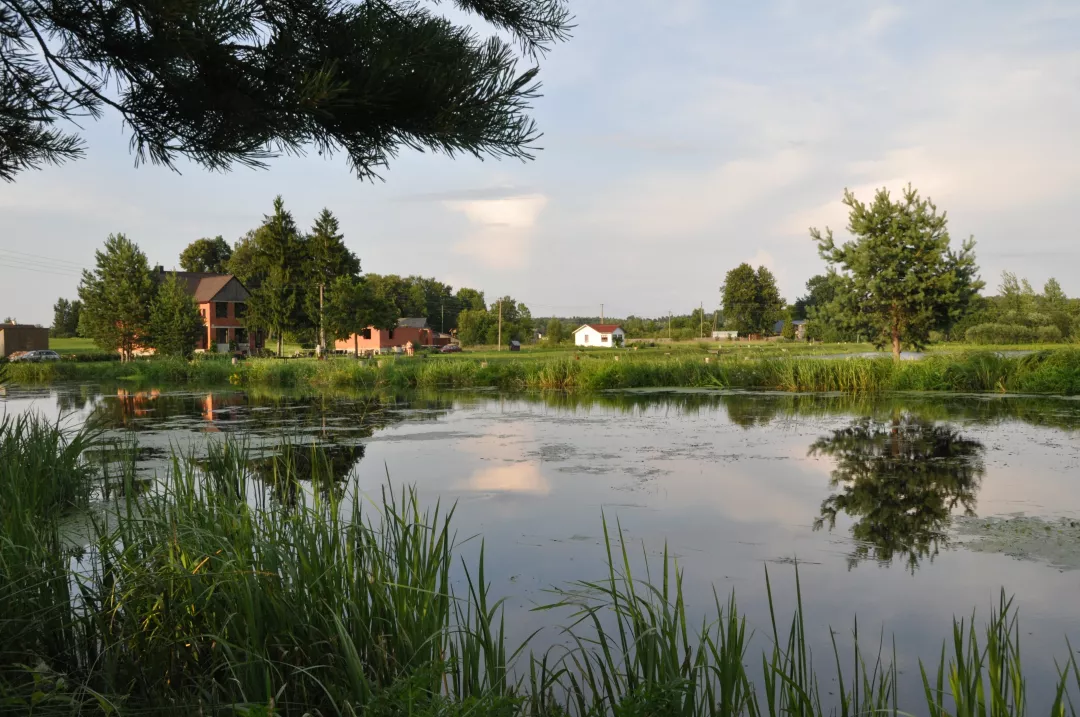EU Member State review: LEADER achievements in Latvia
- CAP Implementation
- CAP Strategic Plans
- Jobs, Growth and Equality in Rural Areas
- LEADER
- Long-term Vision for Rural Areas
- Networking
- Rural Development
- Smart Villages
- Social Inclusion
- Sustainability
Each LEADER newsletter features a dedicated review of how the LEADER methodology is being used in a specific EU Member State and Latvia’s LEADER achievements are the focus of this edition of the newsletter. Thanks to the Latvian National CAP Network, Managing Authority and Paying Agency for their help in preparing this article.
LEADER in Latvia began back in 2006 and, since then, the country’s Local Action Groups (LAGs) have gained a great deal of useful experience with supporting community-led local development. The early LAGs established local development strategies to encourage more involvement of stakeholders in bottom-up approaches. The aim was to use LEADER to provide services for isolated areas and build capacity within rural territories to help their citizens take advantage of new funding opportunities.
Progress was made during the 2014-2022 programming period, with 35 LAGs capitalising on possibilities available through LEADER. Multi-funding was applied by six LAGs which also functioned as Fisheries Local Action Groups in coastal areas. Outcomes are considered by the Managing Authority to show that the LEADER approach is now a very significant instrument for sustainable development throughout Latvia's rural territories, particularly in less densely populated, remote rural territories. Some 1 900 new jobs are forecast to result from LAG efforts between 2014 and 2022.
LAGs have been co-financing local development priorities across a variety of themes with the aim of helping to fill gaps in funding for enterprises not involved in agricultural production. This includes awarding LEADER funds for projects, creating new products or services as well as ensuring their availability on the market. Short supply chains and cooperation have also led to success stories that boost and inspire community confidence. These LEADER achievements can be attributed to the ambition of rural communities to help themselves become more resilient by fulfilling their own development aspirations. Another enabling factor for LEADER’s success in Latvia is the close cooperation, networking and peer support between staff from the LAGs, Managing Authority, Paying Agency, National Rural Network and the Latvian Rural Forum organisation, which represents the LAGs collectively.

New LAGs for 2023-2027
Latvia’s critical mass of LEADER expertise will reinforce the methodology’s strengths in the new CAP period from 2023 to 2027. A revised set of LAGs will implement 33 Local Development Strategies centred on identifying and addressing community needs in terms of facilitating rural employment through encouraging entrepreneurship and boosting business competitiveness. Innovation will continue to be a driver of LAG development actions, which can assist with the introduction of new technologies, novel digital solutions and the wider involvement of more stakeholders. Sustainable development that leaves no-one behind in rural Latvia’s economic growth is a cross-cutting goal and special attention is to be given to priority groups including youth and women.
Local decision-making by LAGs gives them more autonomy compared to other EU funding, which is often managed centrally. This helps ensure that rural residents feel that LEADER is working in their favour and it aims to facilitate more joined-up actions by local agencies, authorities and groups. ‘Smart Village’ approaches are an example of how this can happen in practice. Positive experiences from Smart Village work, such as in Alsunga, will be promoted to help expand and advance uptake of more active, inclusive community life and innovative solutions for existing challenges.
Depopulation pressures are a common challenge across Latvia's territory and LEADER’s ability to help young people is increasingly appreciated. A specialised ‘Jauniešu iniciatīvas’ opportunity has been designed for LAGs to use for youth support purposes covering the 7-25 years age group. Simplified administration systems for LEADER funds have been designed that can also incentivise young people’s participation in such LAG projects. These include Simplified Cost Options such as fixed costs and common calculation procedures.
Contact Latvia’s National CAP Network for more details about these points and other information about LEADER’s laudable achievements in Latvia.